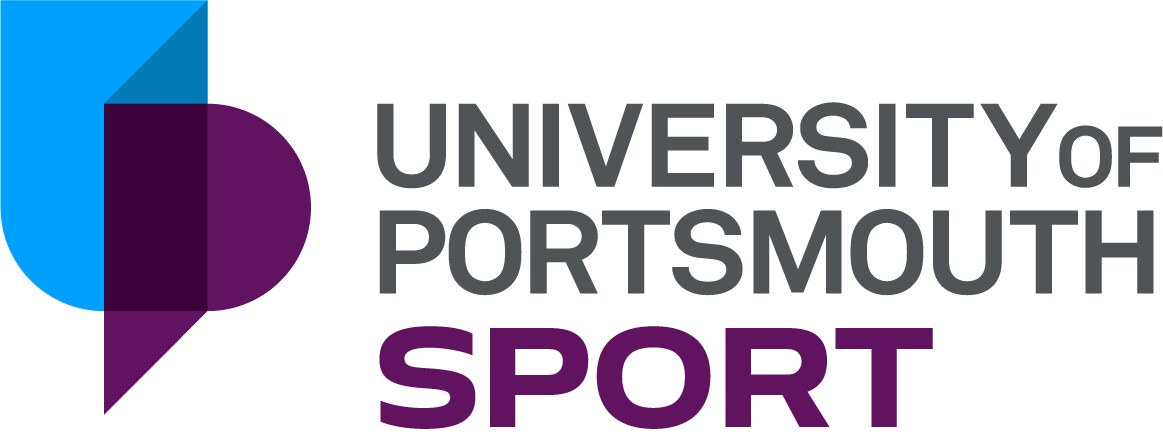
Sidebar navigation

Welfare Guidance and Resources
Anxiety and stress
Anxiety is a very common issue and affects many students. It is common to try to deal with anxiety by avoiding the situations that feel like they are causing these feelings. Avoidance may feel like it gives temporary relief, but in fact, it makes the problem worse.
It's always advisable to let your personal tutor or course leader know if you are having difficulties affecting your studies – they are there to help and can offer useful advice and support. It's also worth talking to friends or other students to see if they can offer support e.g. by going to classes together.
Remember, working out can help reduce stress levels and anxiety. If training or competing is a step too far - a gym session, swim or virtual fitness class are great ways to stay active.
You can learn skills to help you deal better with anxiety, and there is a lot of other support available
You can also visit the Anxiety UK website for more information and resources.
Mental health
Mental wellbeing doesn't have one set meaning. We might use it to talk about how we feel, how well we're coping with daily life or what feels possible at the moment.
Good mental wellbeing doesn't mean that you're always happy. Or that you're unaffected by your experiences.
And having good wellbeing doesn't always mean that you don't have a mental health problem. You may live with a mental health problem but have good wellbeing right now. Or you might not have a mental health problem, but be struggling with your wellbeing at the moment.
The Mind website has lots of practical tips on improving your mental wellbeing.
Alcohol and drugs
Drinking culture can sometimes seem to be a part of student life, but drinking too much can affect your judgement and lead you to unsafe situations, as well as having long-term implications on your health. If you are concerned that alcohol is becoming a problem for you, or you would like support in cutting down, then there are lots of options for getting support.
You may have encountered or participated in recreational drug use. Drug use can have a long-term effect and an unpredictable impact on your health as you can never be sure what you are taking. A drug conviction could also make getting started in your chosen career difficult. If you are concerned that drug use is becoming a problem for you, or you would like support, there are lots of options for getting support.
It’s important to recognise people are impacted in a variety of ways by alcohol and/or drug use. The earlier the problem is addressed, the less likely that drugs or alcohol will cause serious consequences for you, some of which can include:
- Loss of concentration – You are more likely to miss classes, submit work late and achieve poor results for coursework and exams
- Risk of dependence or addiction
- Increased vulnerability and loss of control – you are more likely to be a victim of violence and sexual assault and have unprotected sex which can lead to sexually transmitted infections (STIs) and unplanned pregnancy
- Changes in weight and overall worsening of health in the short term. In the long term, the risk of liver disease, heart attack and various cancers
- Increased anxiety and depression and, in extreme cases, drug-induced psychosis.
It's natural to feel worried every now and again, but our anxious thoughts can sometimes increase due to alcohol and drug use. Have a look at the NHS guidance for reframing negative thoughts for some practical tips on how you can challenge your thoughts and start to break unhelpful cycles.
If you’d like to contact University of Portsmouth welfare contacts, here are some different options:
- Sport and Recreation - Team UoP sports clubs welfare staff lead Zoe.Monk@port.ac.uk can give advice, signpost and support Team UoP club members to access professional services such as the Student Wellbeing Service
- Student Wellbeing Service - The University’s professional wellbeing service is a hub for advice and support for your emotional wellbeing and mental health. Students can get free, confidential help for a wide range of personal, emotional and mental health concerns
- Chaplaincy - The University’s Chaplains are available to all students for a confidential chat, somewhere to have lunch with friends, or just some quiet space
- Additional Support and Disability Advice Centre (ASDAC) - The University's ASDAC supports students and applicants who share a disability or require additional support for their academic studies. ASDAC provides a confidential service for all students with additional learning needs and can give you advice on academic support
- University of Portsmouth Students Union (UPSU) Advice Service - The Advice Service offers free, confidential, impartial and non-judgemental support. Providing advice and guidance on a range of academic and university issues that you may face throughout your studies. They can help you understand the University's policies and procedures, as well as support you with any University meetings.
If you'd like to contact local mental health services or wider support outside the university, these are good places to start:
- Samaritans 24/7 helpline - dial 116 123 on your phone and speak to a trained practitioner immediately at any time
- SHOUT Crisis Messenger - text SHOUT to 85258
- NHS urgent mental health helplines – get 24-hour advice and support from a mental health professional
- https://www.papyrus-uk.org/ – The national charity dedicated to the prevention of young suicide. They can provide you with confidential advice and support
- SupportLine – Confidential telephone helpline and web pages with support on the issue of suicide
- Students Against Depression – Student-focused advice and resources for those affected by low mood, depression and suicidal thinking
- Mental Health Portsmouth - a starting point for finding help with your mental health locally, including accessing NHS services
- Kooth - free, safe, online, anonymous counselling and emotional support service for anyone aged up to 25. Access 1-to-1 text-based counselling sessions, 24/7 messaging service, forums, articles, journalling and goal-setting features to help you take care of yourself
- Talking Change - Refer yourself to local NHS experts for talking therapies to help with issues like anxiety, depression and low mood
- Mind - a national charity supporting people with mental health
- Young Minds - a national charity offering mental health support for young people under 25
- SilverCloud - using Cognitive Behavioural Therapy (CBT), these programmes are designed to help you improve and maintain your wellbeing.

